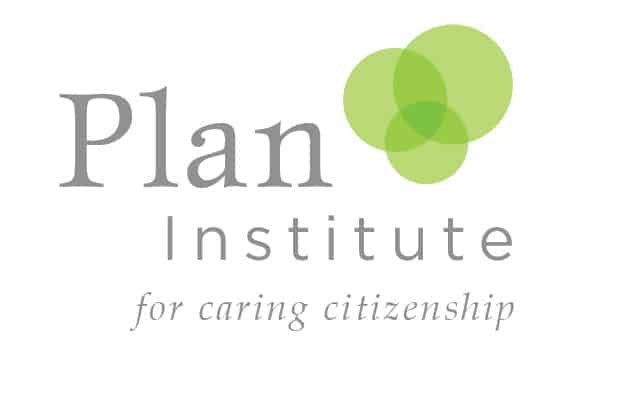The Accessible Housing Network (AHN), a collaboration of over 35 Canadian non-profits, advocates for changing Canadian Building Codes to mandate that all new housing be universal design – fully accessible to anyone of any age or ability.
AHN asks what are the benefits of accessible housing?
- to individuals
- to families
- to medical services
- to government
- to society
AHN co-chair Kate Chung emphasizes, “No tax dollars and no laws should ever create accessibility barriers.”
Why do politicians, government officials, builders, and the general public ignore this critical need? Perhaps they are unaware that Statistics Canada found, in 2017, that 24% of Canadians have a disability.
An Angus-Reid poll found that nearly 70% of Canadians want new housing to be accessible – for themselves now or in the future, or so they can invite friends with disabilities to their home.
AHN is seeking a Canadian university researcher to replicate a major Australian survey which sought answers.
Dr. Ilan Wiesel, professor in the School of Geography, University of Melbourne, found that ignoring the need for accessible housing created serious problems for individuals, families, employers, medical services, government, and society in general.
Conversely, Dr. Weisel found that having accessible housing resulted in individuals needing less personal support, less help with household tasks, and less medical care. Being less isolated, their physical and emotional health greatly improved. They were able to find work – or, if already working part-time, were able to increase their work hours. Thus they needed less in the way of government assistance, financial or other. When family and friends also found accessible housing, people with disabilities were able to participate in family and social events.
It is expected that the Canadian findings will be similar. However, convincing Canadian authorities to change our national and provincial Building Codes requires Canadian data.
A Trent University student, in a research placement with AHN, has built a database of Canadian organizations which could share the survey with their clients and other contacts.
Dr. Weisel has offered to assist with some technical details, and to write a report comparing the Canadian and Australian findings.
Interested researchers can contact AHN at AccessibleHousingNetwork@
*Lived experience and social, health and economic impacts of inaccessible housing, Dr Ilan Wiesel School of Geography, University of Melbourne. https://engage.dss.gov.au/wp-
